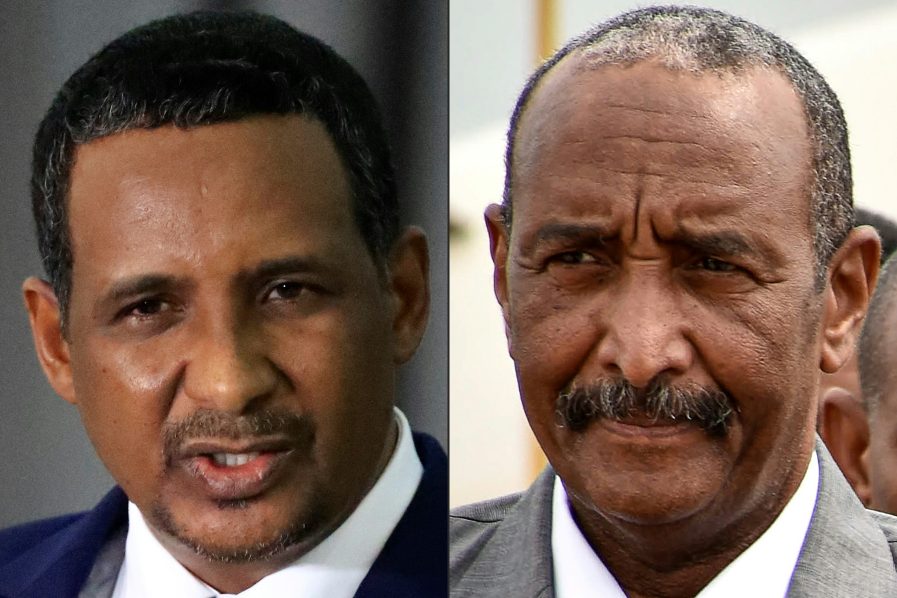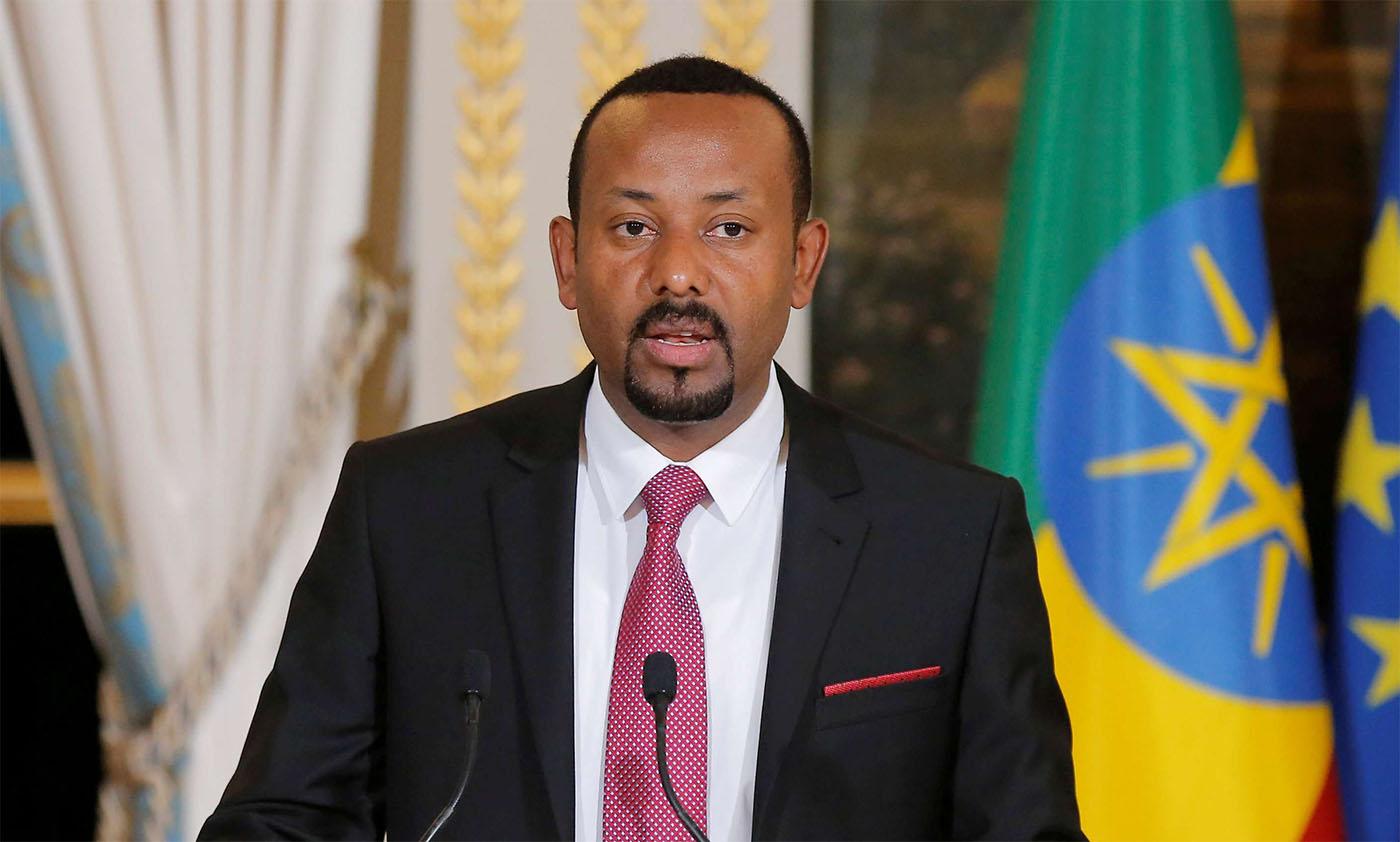
Sudan’s army chief is not ready to meet the enemy general he’s been at war with for eight weeks, a government official said Tuesday after a regional bloc proposed a face-to-face encounter between the two.
At a summit held in Djibouti on Monday, the East African Inter-Governmental Authority on Development (IGAD) announced it would expand the number of countries tasked with resolving the crisis, with Kenya chairing a quartet including Ethiopia, Somalia and South Sudan.
Sudanese army chief Abdel Fattah al-Burhan and his former deputy Mohamed Hamdan Daglo, known as Hemeti, have been at war since April 15 after they fell out in a power struggle following a 2021 coup that derailed Sudan’s transition to democracy.
A draft communique of the IGAD meeting released by the office of Kenyan President William Ruto said the quartet leaders would “arrange (a) face-to-face meeting between (Burhan and Daglo)… in one of the regional capitals.”
The Sudanese government official, not authorised to speak to the media, told AFP that, “in the current circumstances Burhan will not sit at the same table as Hemeti,” who commands the paramilitary Rapid Support Forces.
The two generals early in the war described each other as criminals, and both sides have failed to respect multiple truces.
On June 1 the United States imposed sanctions on the two warring groups, but fighting has continued, including in Khartoum on Tuesday where witnesses reported artillery strikes in the north of the capital and its suburbs.
More than 1,800 people have been killed since battles began, according to the Armed Conflict Location and Event Data Project (ACLED).
Fighting has forced nearly two million people from their homes, including 476,000 who have sought refuge in neighbouring countries, the United Nations says.
A record 25 million people — more than half the population — are in need of aid and protection, according to the UN.
Prior to the announcement of the IGAD quartet, the president of South Sudan, Salva Kiir, had led the regional bloc’s committee on Sudan, which did not include Ethiopia.
Sudan’s foreign ministry said Tuesday that it had reservations about some points in the IGAD statement, and the Sudanese delegation demanded that Kiir stay on as head of the committee.






